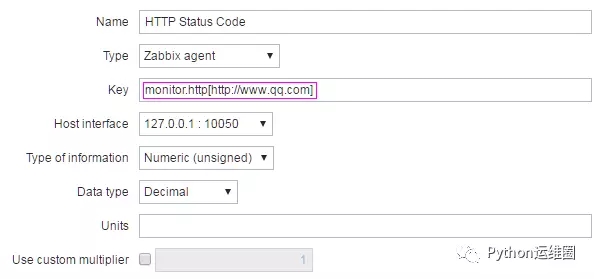1、概览 {#1概览}
本文将带你了解如何在 Spring Boot 中把 YAML 属性注入到 Map。
2、Spring 中的 YAML 文件 {#2spring-中的-yaml-文件}
使用 YAML 文件存储外部配置数据是 Spring 开发人员的常见做法。Spring 支持使用 YAML 作为 Properties 的替代。
Spring 底层使用 SnakeYAML 来解析 YAML。
话不多说,来看看典型的 YAML 文件是什么样的:
server:
port: 8090
application:
name: myapplication
url: http://myapplication.com
如你所见,YAML 文件不言自明,而且更易于人阅读。YAML 提供了一种精美而简洁的方式来存储层次化的配置数据。
默认情况下,Spring Boot 会在应用启动时从 application.properties 或 application.yml 中读取配置属性。不过,可以使用 @PropertySource 来加载自定义 YAML 文件。
熟悉了 YAML 文件后,来看看如何在 Spring Boot 中将 YAML 属性注入到 Map 中。
3、将 YAML 属性注入到 Map {#3将-yaml-属性注入到-map}
通过 @ConfigurationProperties 注解,Spring Boot 可轻松地将配置文件中的外部属性直接注入 Java 对象。
首先,在 application.yml 中定义一些 Key/Value 属性:
server:
application:
name: InjectMapFromYAML
url: http://injectmapfromyaml.dev
description: How To Inject a map from a YAML File in Spring Boot
config:
ips:
- 10.10.10.10
- 10.10.10.11
- 10.10.10.12
- 10.10.10.13
filesystem:
- /dev/root
- /dev/md2
- /dev/md4
users:
root:
username: root
password: rootpass
guest:
username: guest
password: guestpass
配置属性如上,接下来尝试将 application 映射为一个简单的 Map<String, String>。将 config 注入为一个 Map<String, List<String>>,将 users 映射为一个 Map,其中 Key 是 String,Value 是自定义(Credential)对象。
创建一个 Bean 类 ServerProperties,以封装将配置属性绑定到 Map 的逻辑:
@Component
@ConfigurationProperties(prefix = "server")
public class ServerProperties {
private Map<String, String> application;
private Map<String, List<String>> config;
private Map<String, Credential> users;
// Get、Set
public static class Credential {
private String username;
private String password;
// Get、Set
}
}
如你所见,用 @ConfigurationProperties 注解了 ServerProperties 类,以告诉 Spring 将所有带有指定前缀(prefix )的属性映射到 ServerProperties 对象中。
最后,测试 YAML 属性是否被正确注入为 Map:
@RunWith(SpringRunner.class)
@SpringBootTest
class MapFromYamlIntegrationTest {
@Autowired
private ServerProperties serverProperties;
@Test
public void whenYamlFileProvidedThenInjectSimpleMap() {
assertThat(serverProperties.getApplication())
.containsOnlyKeys("name", "url", "description");
assertThat(serverProperties.getApplication()
.get(&quot;name&quot;)).isEqualTo(&quot;InjectMapFromYAML&quot;);
}
@Test
public void whenYamlFileProvidedThenInjectComplexMap() {
assertThat(serverProperties.getConfig()).hasSize(2);
assertThat(serverProperties.getConfig()
.get(&quot;ips&quot;)
.get(0)).isEqualTo(&quot;10.10.10.10&quot;);
assertThat(serverProperties.getUsers()
.get(&quot;root&quot;)
.getUsername()).isEqualTo(&quot;root&quot;);
}
}
4、@ConfigurationProperties 和 @Value {#4configurationproperties-和-value}
现在来比较一下 @ConfigurationProperties 和 @Value。
尽管这两种注解都可用于从配置文件注入属性,但它们之间却有很大的不同。这两个注解的主要区别在于各自的用途不同。
简而言之,@Value 允许通过 Key 直接注入特定属性值。然而,@ConfigurationProperties 注解将多个属性绑定到一个特定对象,并通过对象提供对属性的访问。
一般来说,在注入配置数据时,Spring 建议使用 @ConfigurationProperties 而不是 @Value。@ConfigurationProperties 提供了一种将配置属性集中并分组到结构化对象中的好方法,可以将其注入到其他 Bean 中。
5、总结 {#5总结}
本文介绍了如何在 Spring Boot 中把 YAML 属性绑定到 Map,还介绍了 @ConfigurationProperties 和 @Value 之间的区别。
Ref:https://www.baeldung.com/spring-yaml-inject-map
 51工具盒子
51工具盒子



